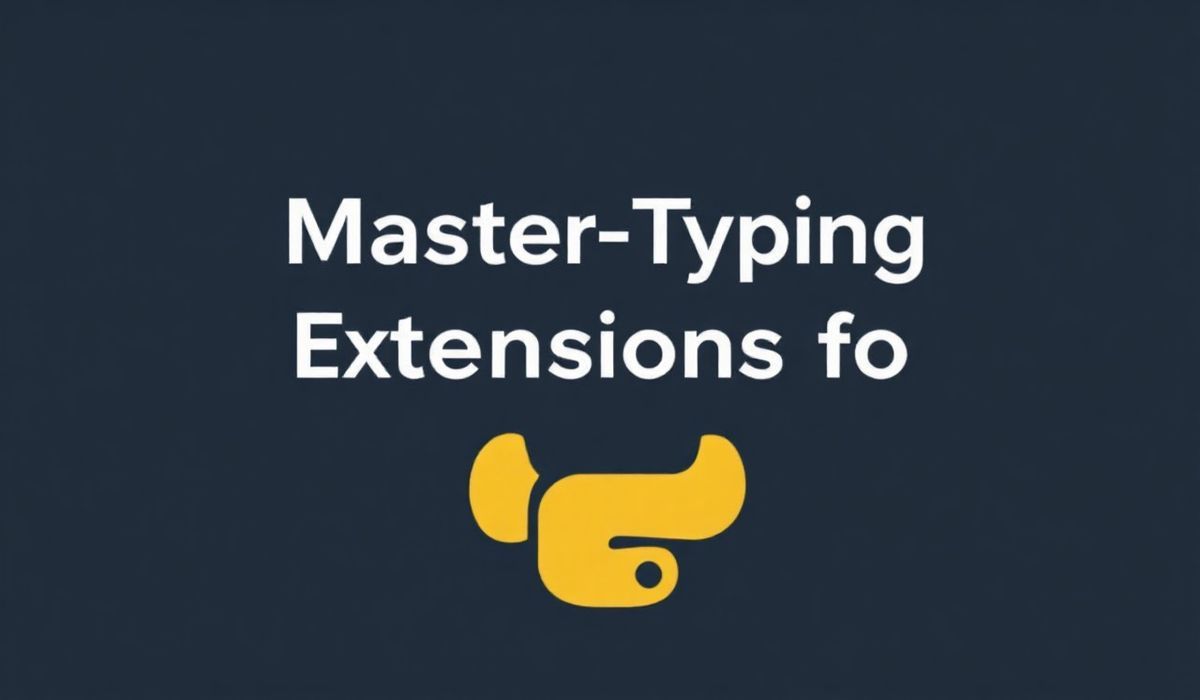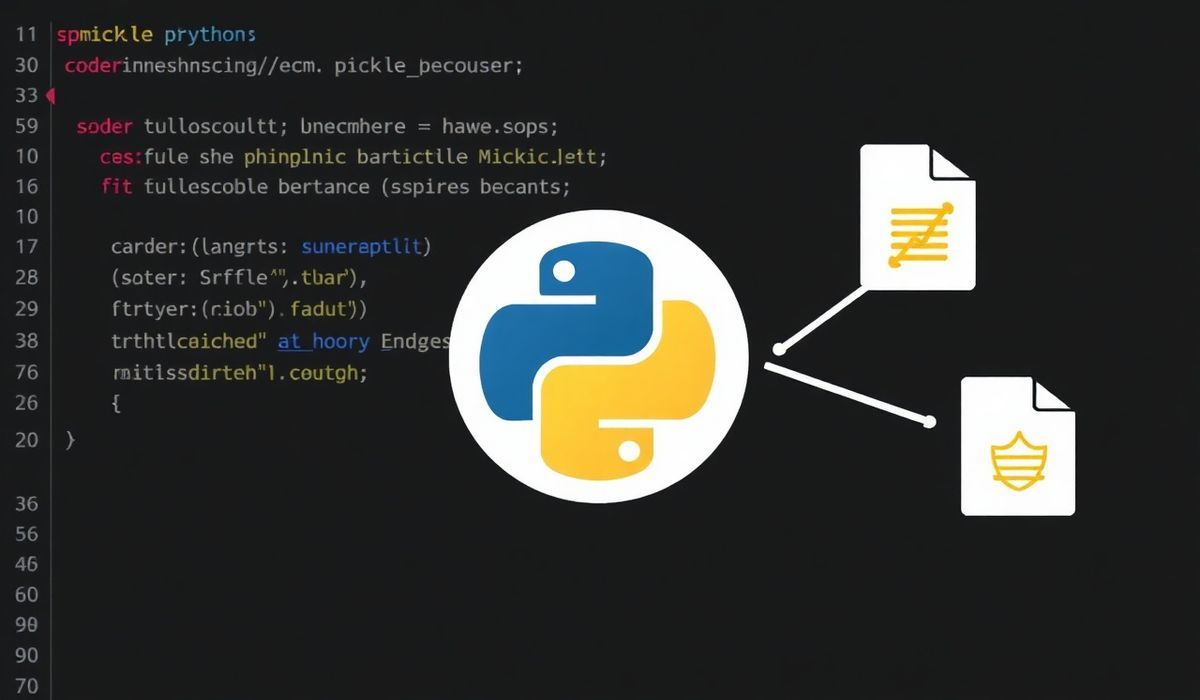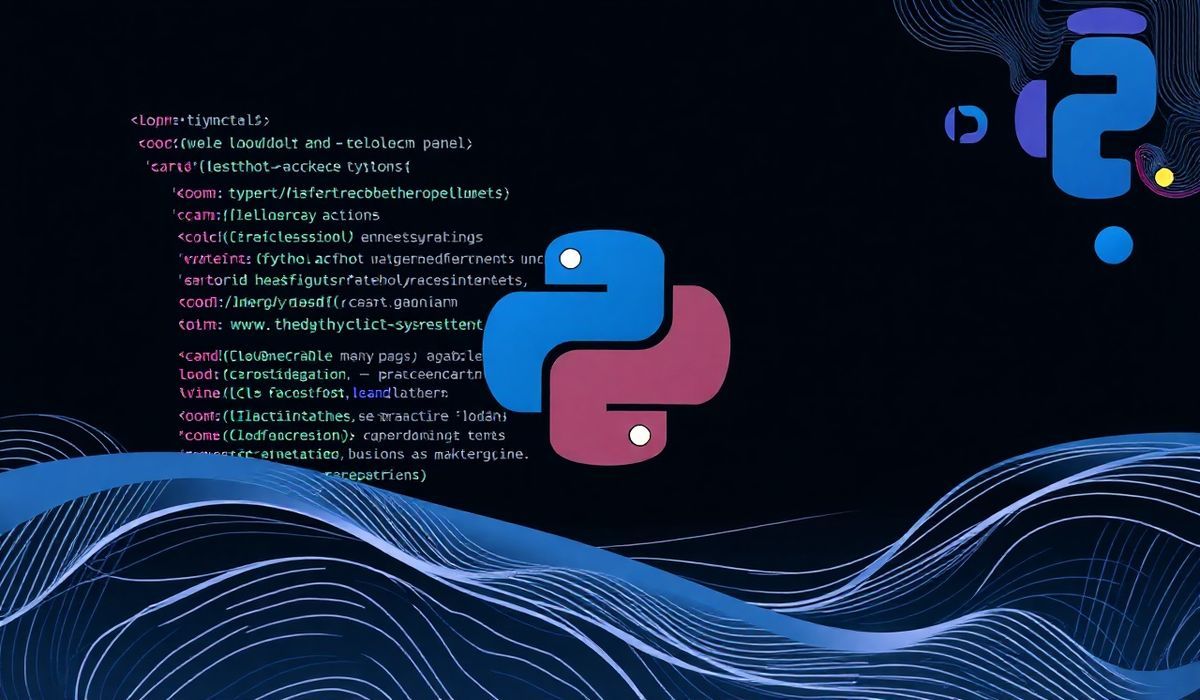Introduction to Typing-Extensions
As Python continues to grow and evolve, the inclusion of type hints in Python 3.5 opened the door to safer, more understandable, and maintainable code. The typing-extensions package provides backports of typing features from newer Python versions, making them accessible to older Python versions and advancing the future of type hinting. In this guide, we’ll explore numerous powerful APIs provided by typing-extensions with examples, as well as how they can be utilized in real-world applications.
Key Features and APIs of Typing-Extensions
TypedDict
Create dictionaries with a fixed set of keys and their associated types. Ideal for specifying JSON-like structured data.
from typing_extensions import TypedDict
class User(TypedDict):
id: int
name: str
active: bool
user: User = {'id': 1, 'name': 'Alice', 'active': True}
Literal
Specify exact, literal values as a type. Useful for controlling valid inputs.
from typing_extensions import Literal
def process_status(status: Literal['pending', 'completed', 'failed']) -> str:
return f"Status is: {status}"
print(process_status('completed'))
Annotated
Combine extra metadata with your type hints for better readability or tool integrations.
from typing_extensions import Annotated
def greet(name: Annotated[str, "Must be a valid string"]) -> str:
return f"Hello, {name}!"
print(greet("Bob"))
Final
Indicate that a variable, method, or class cannot be overridden or reassigned.
from typing_extensions import Final PI: Final = 3.14159 # PI is constant # PI = 3.14 # This will raise an error
Protocol
Define structural subtyping, allowing classes to conform to a “protocol” without explicitly inheriting from it.
from typing_extensions import Protocol
class Greeter(Protocol):
def greet(self, name: str) -> str:
...
class SimpleGreeter:
def greet(self, name: str) -> str:
return f"Hello, {name}!"
def introduce(greeter: Greeter) -> None:
print(greeter.greet("World"))
greeter = SimpleGreeter()
introduce(greeter)
Self
Useful for supporting recursive type hints within class methods.
from typing_extensions import Self
class Node:
def set_next(self, next_node: Self) -> None:
self.next_node = next_node
Never
Declare that a function will never return a value. Excellent for indicating errors or infinite loops.
from typing_extensions import Never
def error(msg: str) -> Never:
raise RuntimeError(msg)
TypeAlias
Create aliases for complex types to improve readability.
from typing_extensions import TypeAlias
Vector: TypeAlias = tuple[float, float]
def add(v1: Vector, v2: Vector) -> Vector:
return (v1[0] + v2[0], v1[1] + v2[1])
@runtime_checkable
Enable runtime checks for Protocols.
from typing_extensions import Protocol, runtime_checkable
@runtime_checkable
class Movable(Protocol):
def move(self, x: int, y: int) -> None:
...
class Robot:
def move(self, x: int, y: int) -> None:
print(f"Moving to: ({x}, {y})")
robot = Robot()
print(isinstance(robot, Movable)) # True
Real-World Application Example
Let’s create a small application that manages and processes user input and adheres to clean typing standards enforced by typing-extensions.
from typing_extensions import TypedDict, Literal, Protocol, runtime_checkable
class UserInput(TypedDict):
username: str
password: str
@runtime_checkable
class Validator(Protocol):
def validate(self, data: UserInput) -> bool:
...
class SimpleValidator:
def validate(self, data: UserInput) -> bool:
return bool(data['username'] and data['password'])
def authenticate(input_data: UserInput, validator: Validator) -> Literal['Success', 'Failure']:
if validator.validate(input_data):
return 'Success'
return 'Failure'
user_data: UserInput = {
"username": "test_user",
"password": "secure_password"
}
validator = SimpleValidator()
result = authenticate(user_data, validator)
print(result) # Output: Success
Conclusion
The typing-extensions library is an invaluable tool for Python developers aiming to implement advanced typing strategies while maintaining compatibility. By utilizing features like TypedDict, Protocol, Literal, and others, you can create robust and maintainable applications. Explore typing-extensions today and unlock the potential of type hinting!




